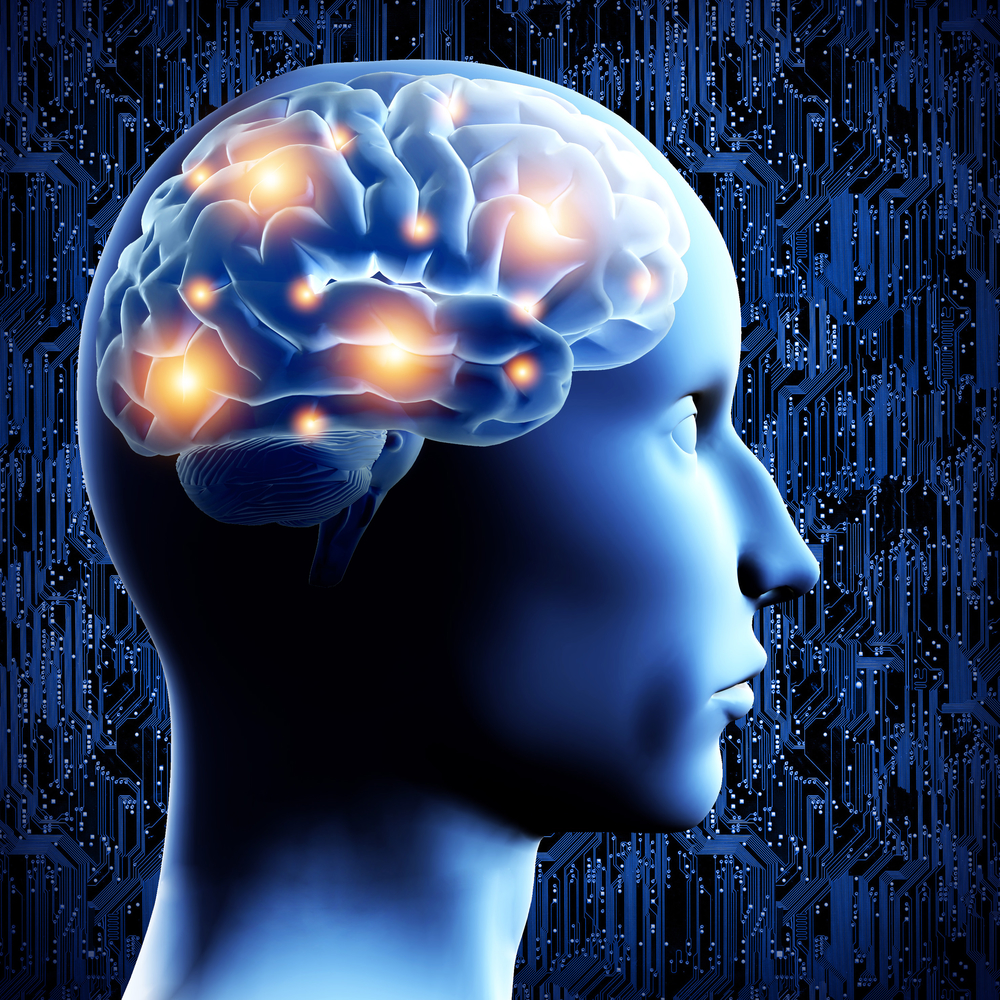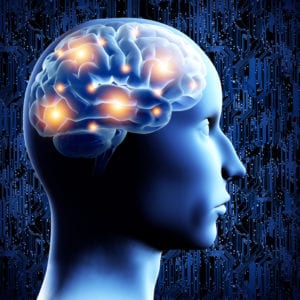
 There are endless anecdotes about the amazing capabilities of the human brain to adapt and form new pathways: blind children learning to “see” their environment using clicking sounds and echolocation, for example, or stroke survivors learning to speak or walk again, despite those areas of the brain being profoundly damaged.
There are endless anecdotes about the amazing capabilities of the human brain to adapt and form new pathways: blind children learning to “see” their environment using clicking sounds and echolocation, for example, or stroke survivors learning to speak or walk again, despite those areas of the brain being profoundly damaged.
The amazing plasticity of the human brain has become the subject of great research in recent years. It’s been proven that the brain doesn’t stop building new neural pathways and networks once we reach adulthood—on the contrary, even old brains can learn new tricks! From all the exceptional documented geniuses who’ve improved our world (young Mozart writing symphonies at age 9, for example) to what were unfortunately known as “idiot savants,” we’ve always known that the human brain is capable of amazing things.
Plenty of us would like to unlock our own genius, of course, but the potential medical applications of neural plasticity are even more exciting. Imagine if we could definitively cure Alzheimer’s disease or schizophrenia? What if there were natural and synthesized substances you could take to enhance your brain’s functioning? According to many, there are.
Cognitive Enhancers and Nootropics
With our free-market approach to health supplements in this country, there has been a boom in cognitive-enhancing supplements becoming more available to anyone who wants to improve their memory, concentration, processing speed and mood. International demand for cognitive enhancers exceeded $1 billion in 2015, so clearly people are into this.
Ingredients run the gamut from herbs with proven benefits, like ginseng and gingko biloba, to B vitamins and amino acids. More radical ingredients include compounds referred to as nootropics. Some of the more common nootropic ingredients are racetams (piracetam, oxiracetam, and aniracetam), huperzine, phenylethylamine, uridine monophosphate and vinpocetine. (I’ve linked these ingredients their Wikipedia bibliographies in case you want to research them a little bit and see what the science says. The research on huperzine and Alzheimer’s is particularly interesting.)
The problem with this class of drugs, especially racetams, is that we don’t really understand exactly how they work. There are stacks and stacks of anecdotal evidence, but there just hasn’t been enough research done, or done on humans, to say they are definitively effective (at doing what exactly?) and safe (or unsafe). It seems our collective brains cannot keep up with the human brain.
We’ve known for decades that therapeutic doses of stimulants enhance cognitive function because we understand that they act as dopamine agonists in the prefrontal cortex. As such, we’ve got the more powerful (and dangerous) stimulants classified as controlled substances, which can only be obtained with a doctor’s prescription. With racetams, for example, some research has established they act as allosteric modulators of AMPA receptors—but their precise mechanisms are not fully understood.
Caveat Emptor: Smart Drugs and Brain-Hacking
In the case of nootropics, you have a wealth of companies out there doing their own research and making their own recipes for cognitive enhancement, but the FDA and scientific community is slow to keep up with consumer demand. Testimonials from normal folks and MDs tend to encourage confidence in the safety of the products, but the field is so new that it’s really a caveat emptor situation.
Neurohacker Collective makes a popular product called Qualia. If you explore their website, they disclose all the ingredients in their product and the science behind their formulations. But they also make claims like “less internal drama” and “increased epiphany” that remind you are buying a dream as much as anything. Without further research and regulation, we don’t know how much of what they’re selling is positive thinking and placebo and how much is true science.
I’m hopeful that the medical research into nootropics will continue and help us cure some of the more devastating conditions that affect the human brain. In the meantime, if you want to experiment with cognitive enhancers, do your research first and be sure you are making an informed decision when deciding what to put into your body (and brain).
About the Author: Dr. Mickiewicz owns a private practice in Sacramento and lectures across the nation on TMD treatments. He is a diplomate of the American Academy of Pain Management and holds membership in many professional associations for dentistry, sleep medicine, and TMD. In addition, Dr. Mick, as his patients call him, founded Pacific Orofacial Pain Consultants, a team of experts in various disciplines, who tackle the issue of TMD pain and treatment, to help sufferers find relief from chronic pain. To talk with Dr. Mick, call his Sacramento dental office at 916-457-7710.


